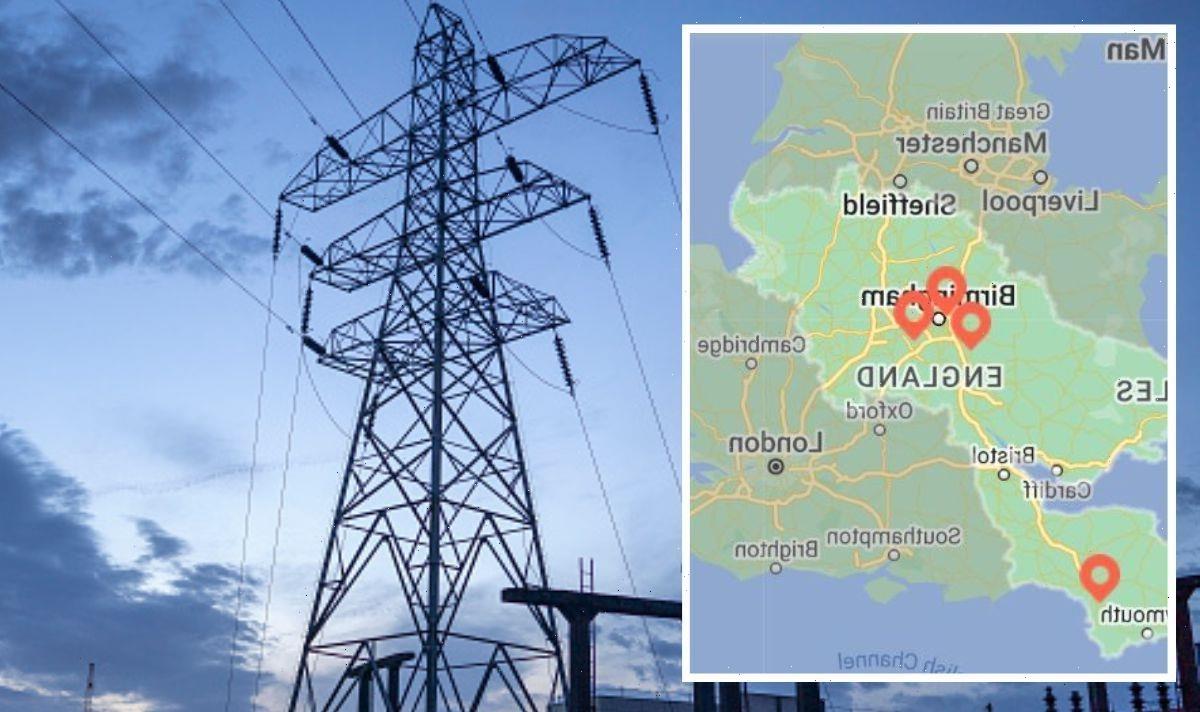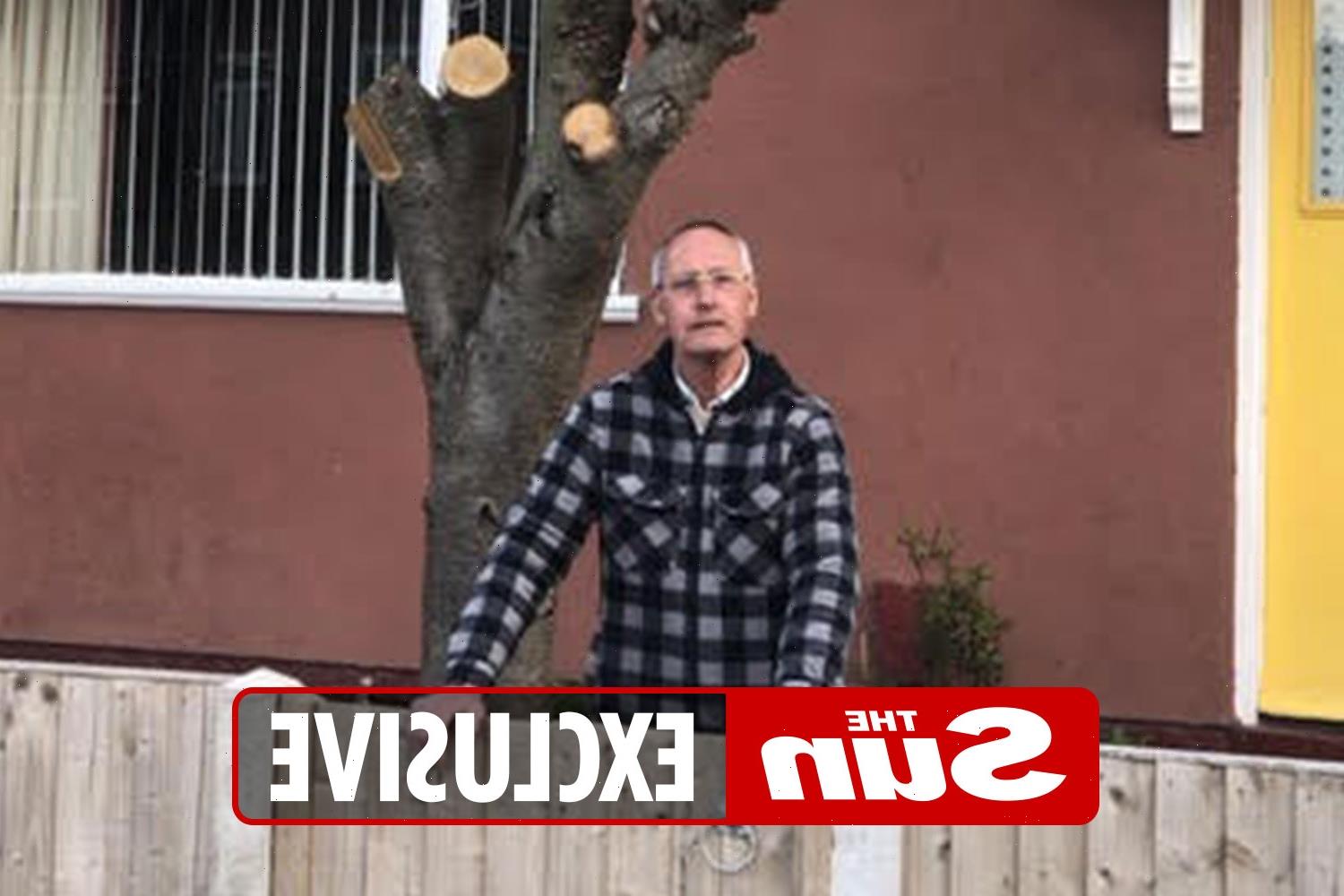Probably the kindest thing anybody could say about myki is that, more than a decade after its beleaguered roll-out, it now works fine.
Our public transport ticketing system is generally stable, we mostly know how to use it (you don’t always need to touch off on trams) and we’ve largely forgotten the glitches and bureaucratic mistakes that plagued its early years, such as the card readers that wouldn’t read, the ludicrous sums credited or debited from customer accounts, and online top-ups that took three days or more to come through.
Glitches have plagued us since myki’s inception.Credit:Scott McNaughton
Myki is still far from perfect. It’s replete with oddities – the card costs $6 and inexplicably expires, there is no way to buy a ticket on a tram once aboard (confusing tourists), phone touch-ons only work with Android, not Apple, and older top-up machines at stations are so slow that you’re all but guaranteed to miss your train.
Now we have an opportunity to remedy this unsatisfactory situation. When the contract with the current operator, Japanese software group NTT Data, expires on November 30, the government can either give it another term, presumably imposing new conditions and benchmarks, or hand the ticketing task over to one of the more specialised and experienced companies that maintain the systems in cities such as Paris, London, Sydney and Singapore.
According to transport reporter Patrick Hatch, those believed to have expressed interest for the contract include US outfit Cubic, responsible for ticketing in Sydney, London and New York; Conduent, which runs about 400 systems globally, including those in Montreal, Helsinki and Adelaide; and the French behemoth Thales, which runs about 100 ticket networks, including those in Paris, Oslo and the Netherlands.
If a new operator is appointed at the end of November, experts say, the transition to its new technology will probably take several years. Some of the old barriers and machines will stay in use as the software is upgraded, and then the hardware is gradually replaced. With luck, the teething problems we endured with the original transition from paper tickets can be avoided.
When myki went live across all forms of Melbourne public transport on July 25, 2010, after numerous trials and three years and five months late, it was still often unworkable. Public Transport Users Association president Daniel Bowen took three bus trips that first day, recalling: “On the second trip I was overcharged, and on the third none of the scanners on the bus worked. One trip out of three working correctly is not a great start.”
A leaked draft of an auditor-general’s report subsequently revealed that one of the system’s main developers, a subsidiary of US-based Keane, “had no corporate experience in developing, implementing and operating a ticketing system”. Keane was subsequently taken over by NTT Data, for which myki, something of an orphan acquired in the transaction, was an odd fit. Nevertheless, in 2016 the government chose to extend NTT’s contract into this year.
Now we have the chance to replace the system, we should look further afield, ideally to an outfit that can swiftly implement a proven off-the-shelf system.
Priorities should include contactless payment from phone wallet, smartwatch and credit/debit cards, which would resolve the longstanding issue of tickets on trams and end the reliance on the often hard-to-buy physical card; scrapping the absurd $6 card charge (Sydney’s Opal card is free); and automatically calculating the cheapest fare rate for those taking multiple trips over weeks or months. As Emily Day writes, “Many users still need the help of a mathematics professor to decide whether a myki pass or myki money is better value.”
This is our chance to finally equip Melbourne with a contemporary, reliable and scalable ticketing system, rid of the bugs that have plagued us since myki’s inception. Let’s not squander it.
Michael Bachelard sends an exclusive newsletter to subscribers each week. Sign up to receive his Note from the Editor.
Most Viewed in Politics
From our partners
Source: Read Full Article



